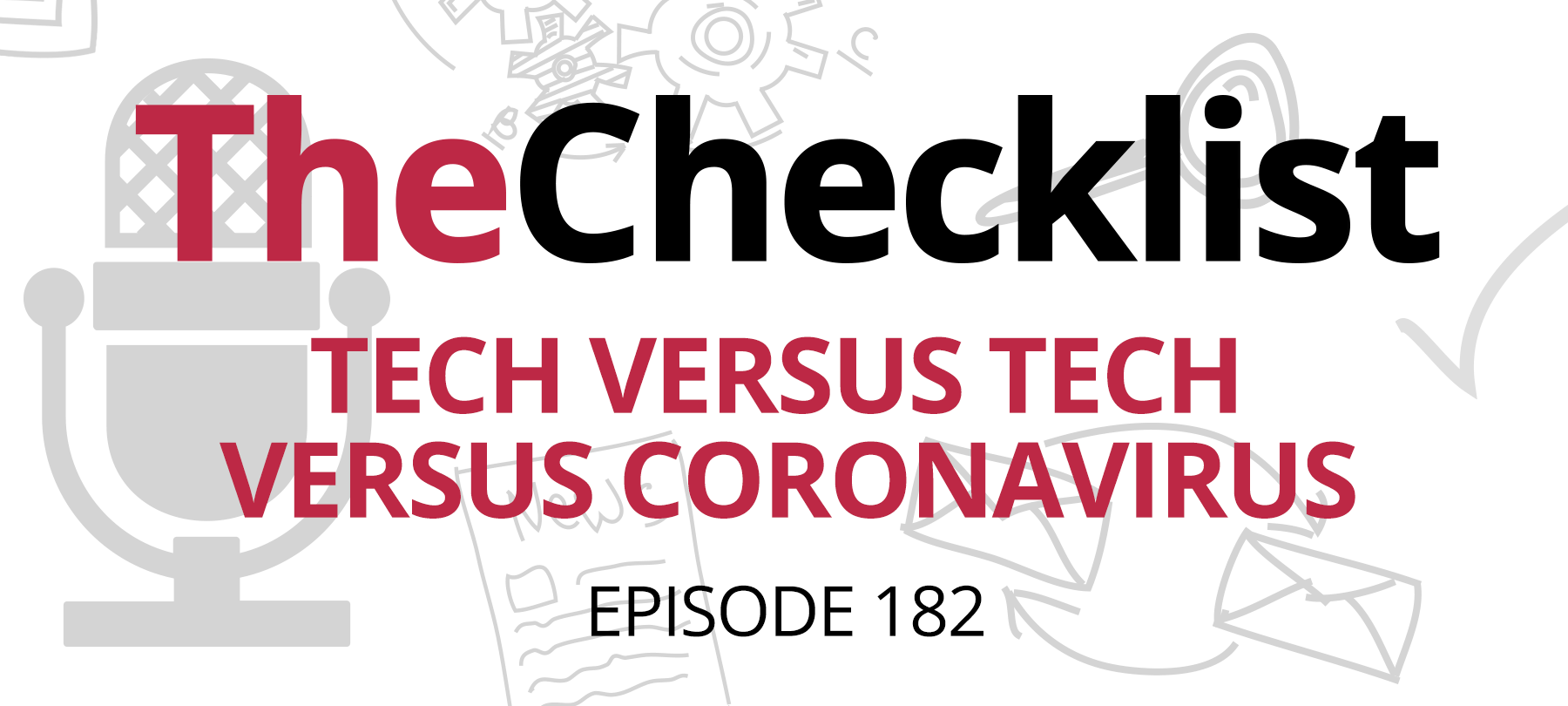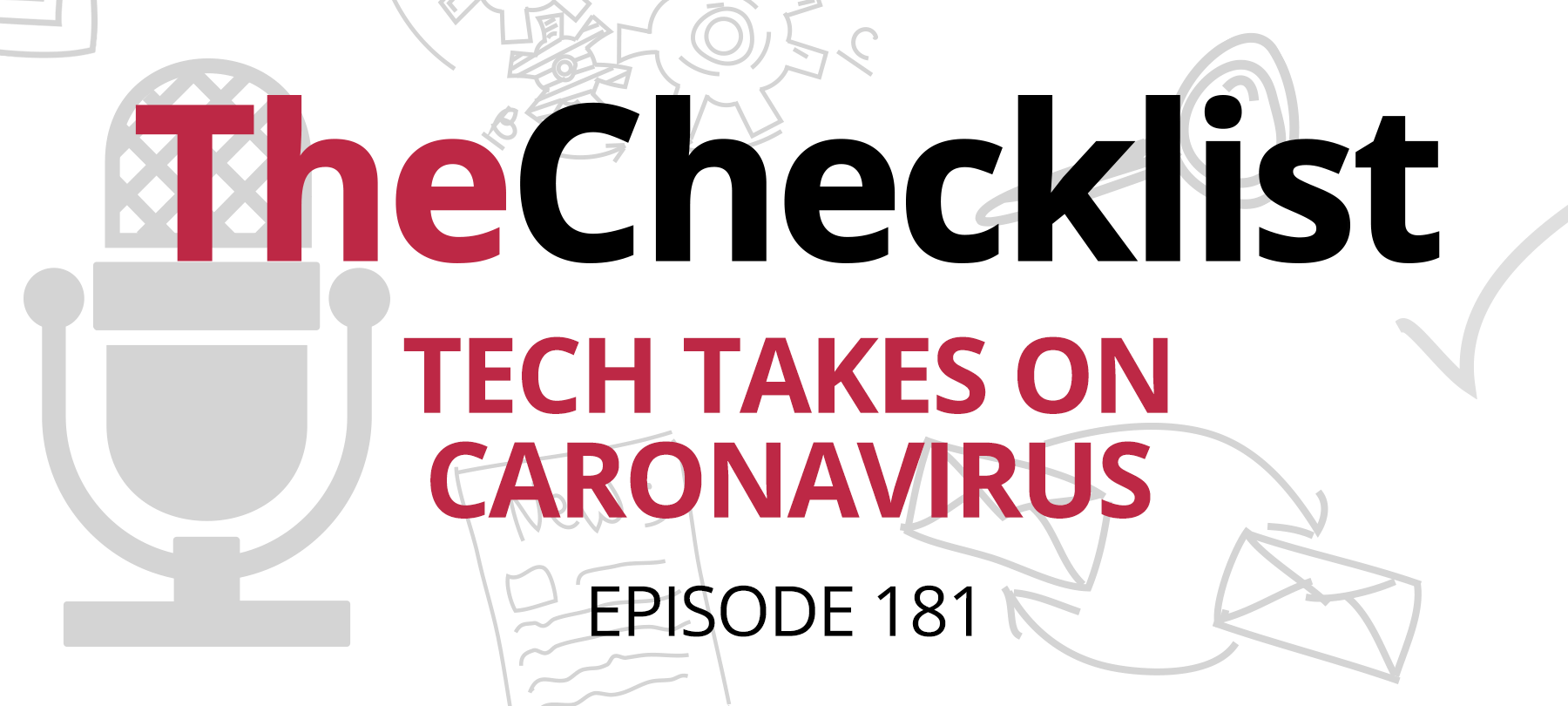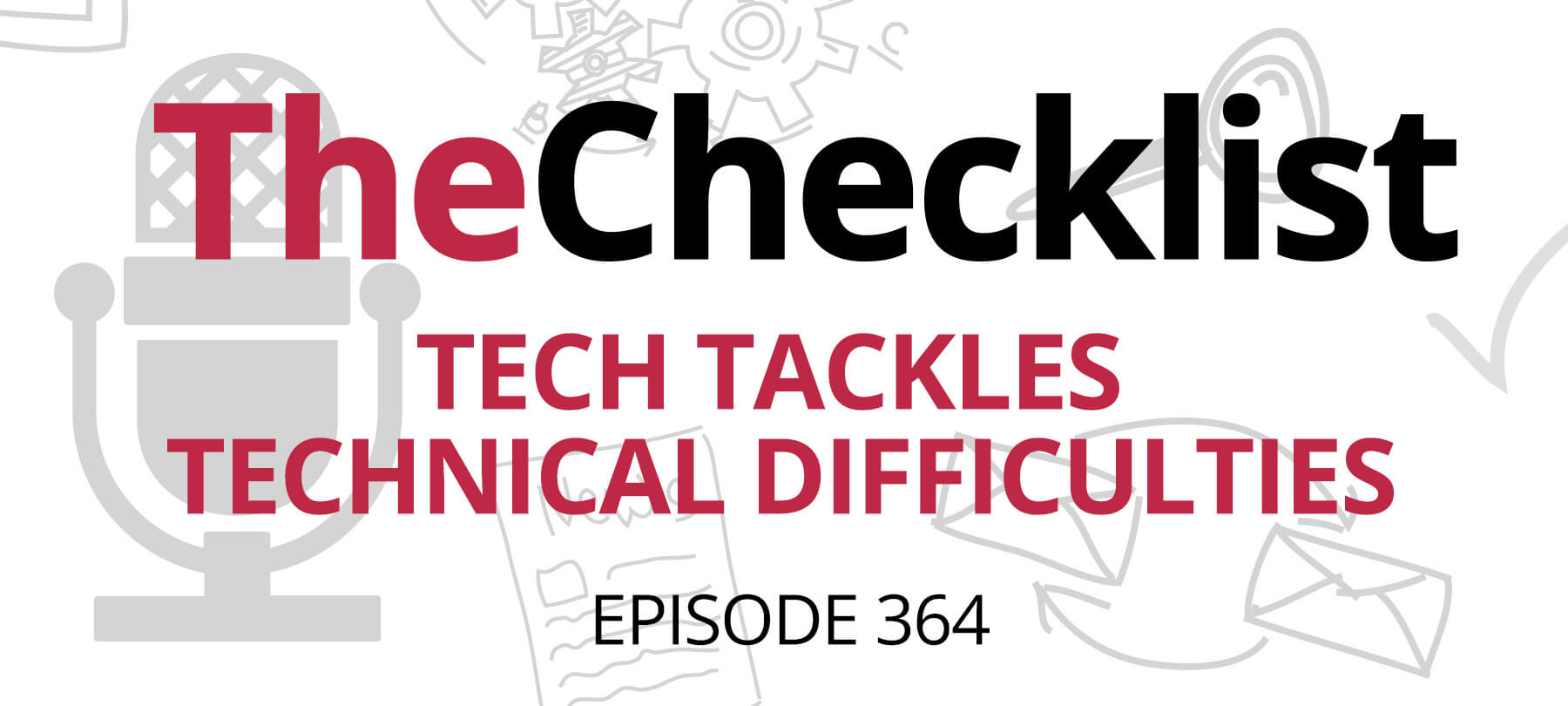The Internet of Things: The Future of Tech or One Bridge Too Far?
For years, tech enthusiasts have been calling the Internet of Things “the future of technology.” But is it? On the one hand, there is some appeal to a world where everything is digitally connected. Being able to control your home’s lights, thermostat, irrigation system, security system, and a slew of other appliances and systems from your home is convenient and useful. Business enterprises can also use IoT solutions to collect data on everything from concrete strength to wastewater treatment.
Simply put, the Internet of Things is already making our lives easier. With the right innovations and the right brands pushing the technology forward, it’s easy to see a world where the IoT has simplified everything.
The Drawback of the Internet of Things
On the other hand, though, there are some major concerns with the Internet of Things that will need to be addressed before its considerable benefits can or should be adopted by the mainstream. First, and most pressingly, IoT devices often open the door for major security issues. This past July, The Washington Post published an article about hackers who managed to steal data from a North American casino. The cyber thieves broke into the casino’s network by hacking an Internet-connected fish tank.
Even when hacks don’t happen, privacy and protection of data are areas of concern. IoT-enabled devices are continuously collecting data, hypothetically as a means of making life easier for device owners. Often, though, this data ends up back in the hands of device manufacturers or advertisers. For example, Roomba vacuum cleaners create digital maps of peoples’ homes. This information is meant to help a Roomba navigate more seamlessly, but it also gets sent back to iRobot, the Roomba manufacturer.
Apple is doing proactive things to keep privacy front and center, even as the Internet of Things expands. Devices enabled with HomeKit—Apple’s smart home application—use software authentication and frequent firmware updates to keep user data safe and secure. Apple is still the exception in believing that user data belongs to actual users, but will hopefully one day that becomes the rule.
The Future of IoT Technology
Undoubtedly, IoT technology will continue to grow and evolve in the coming years. Every year, brands are figuring out ways to connect new things to smartphones and the Internet. Clearly, Apple’s slogan about there being an app for everything was prophetic. As our smartphones become more and more powerful regarding what they can control, though, we need to be vigilant about watching out for our security and privacy. So far it appears that most IoT device manufacturers aren’t going to do it for us.
Sources:
https://hackernoon.com/everything-you-need-to-know-about-the-internet-of-things-ce815339c9f9https://thenextweb.com/lifestyle/2017/09/13/internet-things-sending-us-back-middle-ages/#.tnw_n77cyppd|
https://www.washingtonpost.com/news/innovations/wp/2017/07/21/how-a-fish-tank-helped-hack-a-casino/?utm_term=.e0beadc859ca



